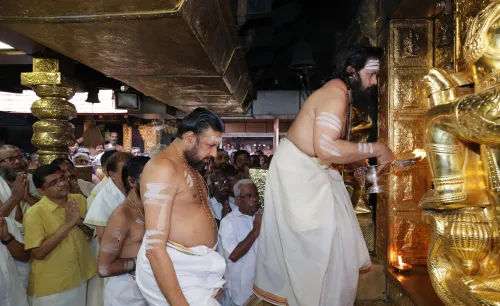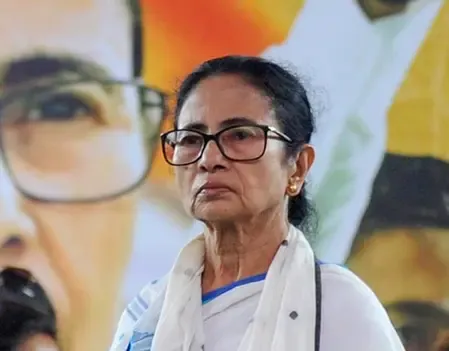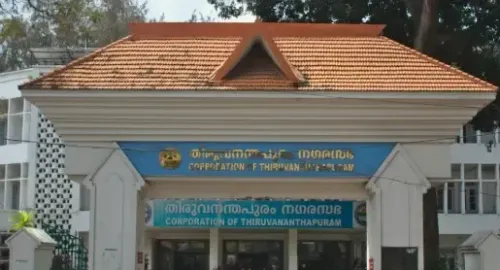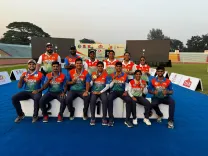Has the Centre Approved a New Rs 7,712 Crore Investment Under the Electronics Component Scheme?

Synopsis
Key Takeaways
- Central government approves Rs 7,712 crore investment.
- 17 applications selected from 249 received.
- Investment marks first from Jammu and Kashmir.
- Major companies involved include Aequs, Secure Circuits, and Jabil Circuit.
- Focus on enhancing India's electronics value chain.
New Delhi, Nov 17 (NationPress) The Central government has given the green light for a new set of applications under the Electronics Component Manufacturing Scheme (ECMS), with a total investment commitment of Rs 7,712 crore, as announced by IT Secretary S. Krishnan on Monday.
Krishnan revealed that out of 249 applications received in this round, 17 have been selected.
This particular tranche is significant as it marks the receipt of its first investment from Jammu and Kashmir.
Other sanctioned proposals span states like Uttar Pradesh, Madhya Pradesh, Karnataka, Maharashtra, and Tamil Nadu.
Among the 17 approved ventures, ten major proposals include Aequs Consumer Products Private Limited, which has pledged an investment of Rs 1,500 crore, with projected production valued at Rs 7,669 crore.
Other noteworthy companies include Secure Circuits, TE Connectivity India with an investment of Rs 612 crore, Jabil Circuit with Rs 957 crore, Zetfab, Zetchem with Rs 55 crore, Micropack with Rs 54 crore, Asux Safety Components, Uno Minda with Rs 264 crore, AT&S India, HI-Q, Infopower Technologies, Syrma Mobility with Rs 250 crore, and Meena Electrotech from Jammu and Kashmir, which is investing Rs 111 crore.
Krishnan emphasized that the government’s primary aim is to strengthen India’s electronics value chain. He pointed out that global firms are keen on diversifying their supply chains, positioning India as a promising destination for this transition.
“The core aim is to enhance the value chain in India. The world is looking at diversifying value chains, and India is a critical player in that,” Krishnan affirmed.
Union IT Minister Ashwini Vaishnaw addressed the audience, highlighting three essential priorities for achieving long-term success in electronics manufacturing.
He stated that India must prioritize establishing strong design teams, attaining six sigma quality across all products, and building a robust network of Indian suppliers meeting global standards.
Vaishnaw assured that the government would maintain close collaboration with the industry to achieve these objectives.
Additionally, he mentioned that a specialized skilling framework tailored for the electronics sector will soon be introduced to support the industry’s growing demands.









